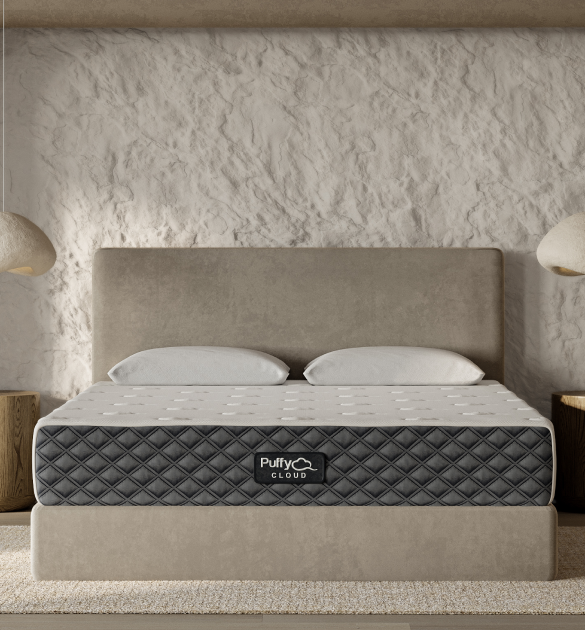You've got the crib, you've baby-proofed the house, but there's one more puzzle piece to secure - a baby mattress. What's the best type for your baby's peaceful slumber and overall health?
The market is saturated with choices, and every brand claims to be the "best." Let’s dissect the myths and facts to find what suits your child the best.
What Type of Mattress Should a Baby Sleep On?
This question often perplexes new parents. The fact is, there are different types to suit different needs. Here's a rundown:
Firmness is Key
- A firm mattress helps to reduce the risk of Sudden Infant Death Syndrome (SIDS).
- Softer mattresses can create a pocket that makes it difficult for the baby to breathe.
Material Matters
- Foam mattresses are lighter and easier to move.
- Innerspring mattresses offer better support but are generally more expensive.
Certified Safe
- Look for certifications like Greenguard Gold or CertiPUR-US.
- These labels ensure low chemical emissions and thus better air quality for your baby.
What Type of Mattress Is Best for a Newborn Baby?
For newborns, certain considerations become more significant:
- Hygiene: Pick a mattress that is hypoallergenic to prevent any skin irritation or respiratory issues.
- Easy Cleaning: Opt for one with a waterproof cover to deal with spills and diaper mishaps.
- Portability: Newborns often sleep in different locations around the house, so a lightweight foam mattress might be easier to move.
- Sizing: Make sure the mattress fits snugly in the crib, leaving no gaps.
Check out Puffy mattress reviews from real customers and see how we compare with other brands.
Organic vs. Non-Organic: The Green Debate
While traditional mattresses are generally less expensive, organic options provide peace of mind when it comes to environmental impact and potential toxicity.
- Price vs. Quality: Organic mattresses often come at a higher price point. You’re paying for the lack of harsh chemicals and synthetic materials.
- Impact on Health: Organic mattresses are less likely to trigger allergies and are free from potentially harmful chemicals.
- Eco-Friendly: Organic mattresses are sustainable and biodegradable, contributing less waste to the environment.
Foam or Coil: A Deep Dive
Foam Advantages
- Lighter weight for easier handling.
- Generally less expensive than coil mattresses.
Coil Pros
- Offers better support, which may be beneficial as your child grows.
- Usually more durable and can last through toddler years.
Decision Time
- If budget is a constraint, foam might be your go-to.
- If you’re looking for longevity and durability, consider a coil mattress.
Conclusion
The ideal baby mattress type largely depends on individual needs and concerns. Prioritize firmness for safety, consider organic for health benefits, and choose between foam and coil based on your specific requirements and budget constraints.
Use our store locator to find the closest furniture or mattress store near you and feel the cloudlike comfort of our Puffy Mattress in person.
Whichever you choose, make sure it’s certified safe and appropriate for your baby’s age and weight. Sweet dreams are made of these thoughtful choices.
Note: This is an educational article. View Puffy's current mattress sizes and options.

- 6 layers of award-winning luxury.
- Medium-firm feel.
- Responsive memory foam.
- 101-night sleep trial.












